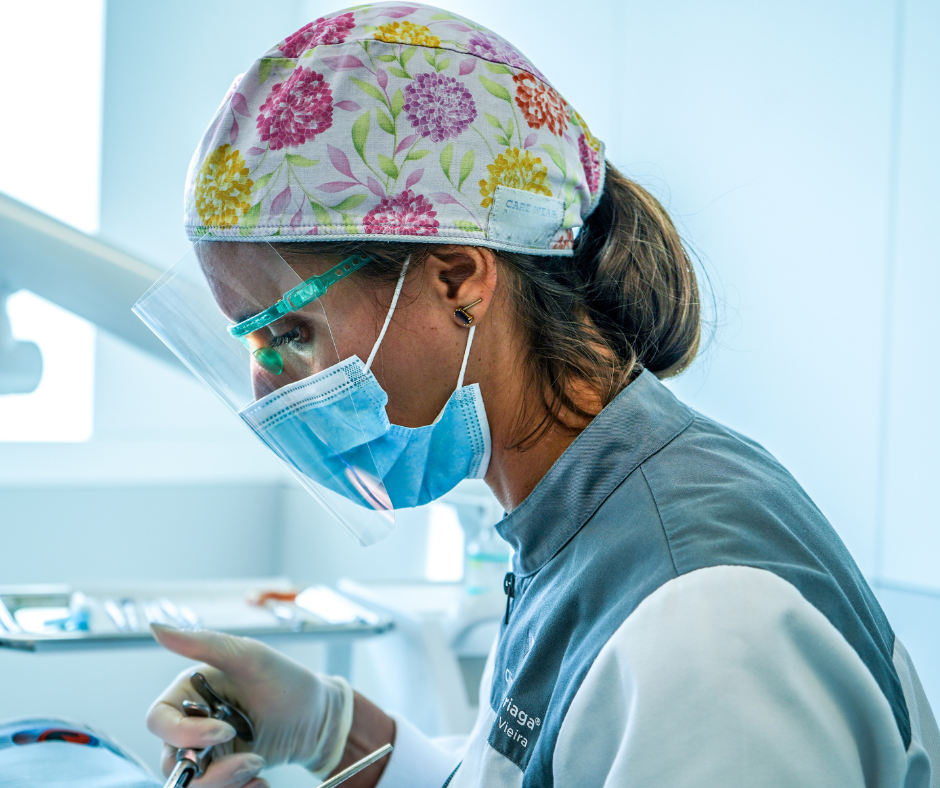HOW CAN I KNOW IF I HAVE TOOTH DECAY?
How can I know if I have tooth decay? Tooth decay is caused by bacteria and results in partial or total destruction of the teeth. The presence of tooth decay, along with inadequate diet and insufficient oral hygiene, facilitates the development of cavities.
Teeth are affected differently and are more susceptible to tooth decay, especially when they have not fully matured upon eruption. Typically, molars and premolars have irregular shapes with grooves and fissures, making them prone to accumulating food debris from chewing.
Additionally, these teeth are harder to brush due to their position further back in the mouth, which allows bacteria and food remnants to accumulate. To prevent tooth decay, good dental hygiene and regular dental check-ups every 6 months are essential.
You may suspect tooth decay if you feel the presence of a cavity or notice a portion of your tooth missing. Cavities can also be detected by using dental floss—if it gets caught or tears in a certain area.
You can identify tooth decay by observing signs and symptoms.
Here’s how you can tell if you might have tooth decay:
-
Tooth Pain or Sensitivity;
-
Visible Holes;
-
Discoloration;
-
Bad Breath (Halitosis);
-
Sensitive Gums;
-
Visible Signs on X-rays;
-
Pain When Eating Sweets.
Furthermore, if you observe any changes in tooth color such as white, yellow, brown, or black spots, it’s important to consult a dentist. Early detection of cavities is typically only possible through professional examination.
To conclude, if you suspect tooth decay based on these signs or symptoms, it’s essential to schedule an appointment with your dentist. Early detection and treatment of tooth decay can prevent further damage and complications, such as tooth infection or abscess. Overall, your dentist will conduct an examination and recommend appropriate treatment based.
Overall, regular dental check-ups are also crucial for detecting and addressing tooth decay before it progresses.




